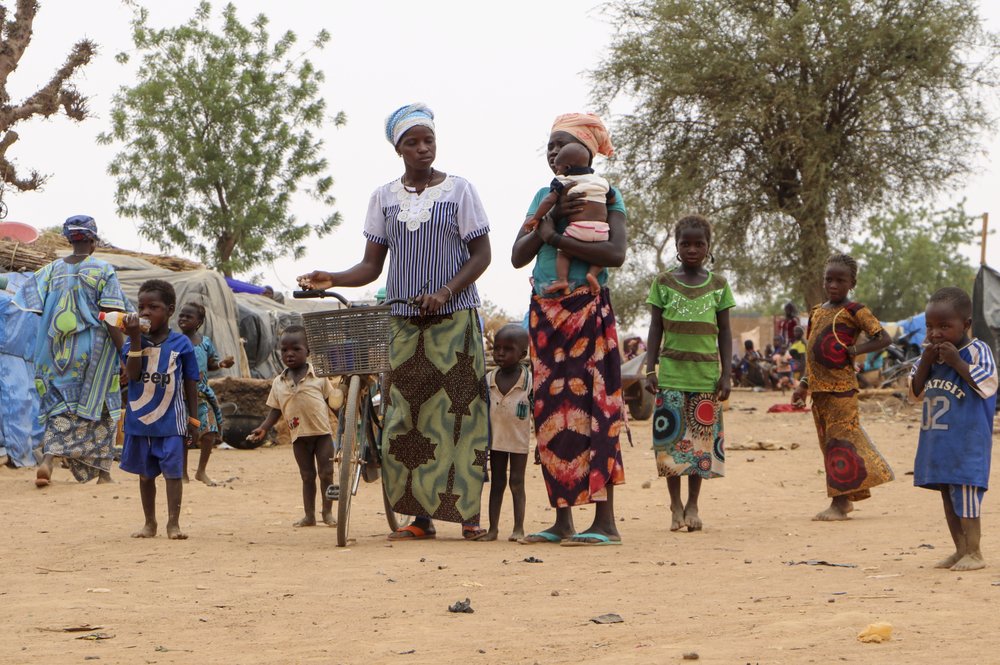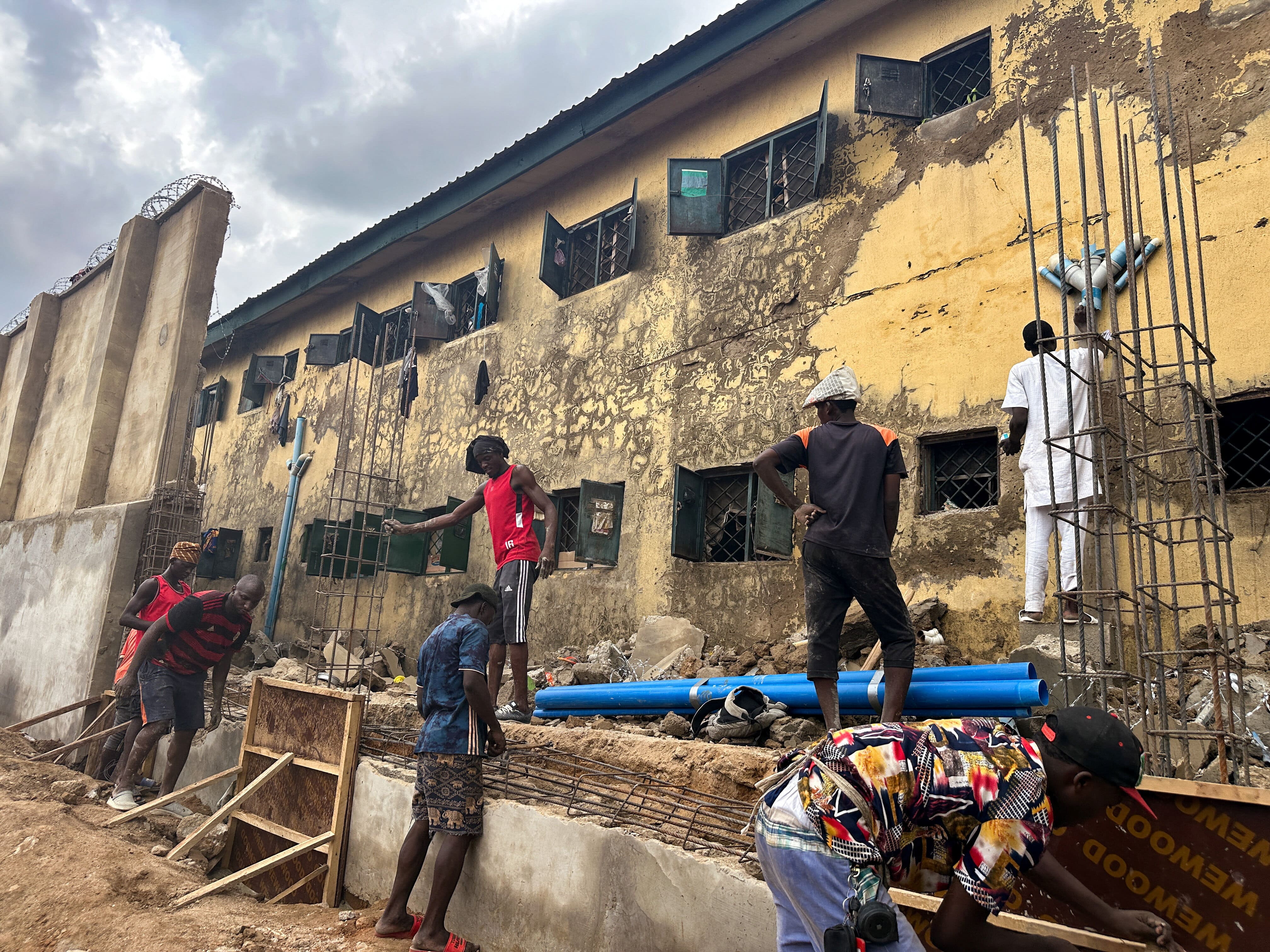
‘One step short of famine’: Central Sahel faces acute hunger, WFP warns

The U.N emergency food relief agency warned that people across Burkina Faso, Mali and Niger are facing ”catastrophic levels of hunger”.
The World Food Programme (WFP) made its statement on the eve of a virtual donor conference on Tuesday aimed at raising funds for the conflict-hit countries in the Sahel region.
An estimated 7.4 million people in the Central Sahel region of West Africa are facing crisis levels of acute hunger, according to the WFP.
According to the agency, thousands in the region will be pushed into further destitution unless access is urgently granted to humanitarian organizations.
“When we can’t get to vulnerable communities, we’re seeing tragic spikes in food insecurity,” said Chris Nikoi, WFP regional director for West Africa.
He stated that “dreadful violence and conflict” in parts of northern Burkina Faso have left more than 10,000 people there “one step short of famine”.
The number of internally displaced people has jumped to a staggering 1.6 million, up from 70,000 two years ago including more than 288,000 people in Mali, some 265,000 in Niger and one million in Burkina Faso, which is now home to the world’s fastest-growing displacement crisis, according to the agency.
Compared to the average of the last five years, acute food insecurity has increased by a staggering 514% in Burkina Faso, 130% in Mali and 144% in Niger, according to the U.N. Office for the Coordination of Humanitarian Affairs.
Speaking before the virtual meeting, which is hosted by the UN, Denmark, Germany and the European Union, UN emergency aid chief Mark Lowcock said the funds raised would go towards not just preventing hunger but would also include provision for schooling, healthcare and shelters.
Organizers hope Tuesday’s meeting will help them secure $1billion in urgently needed funds.
The UN has so far only been able to gather 34 percent of the $1.4billion required to provide urgent aid to 13 million people across the three countries.




